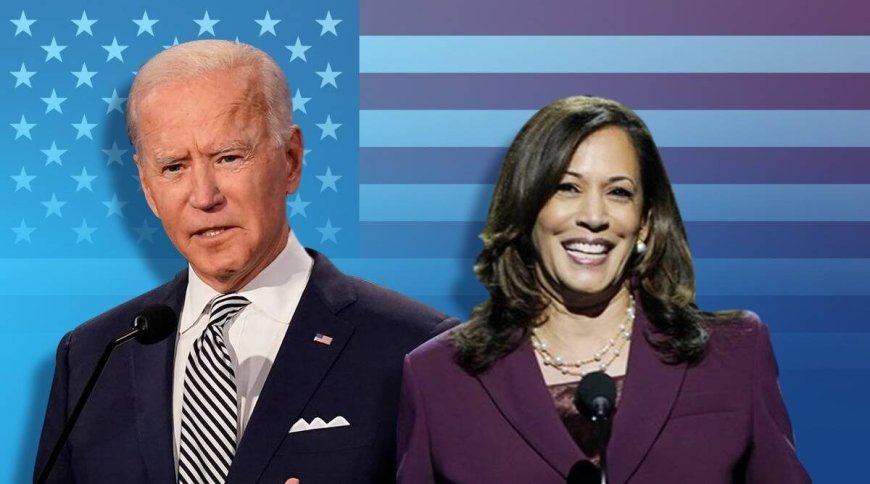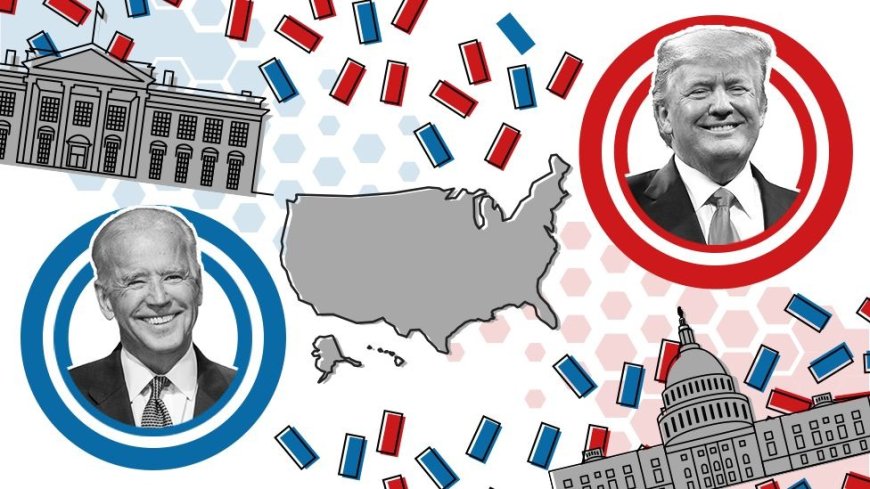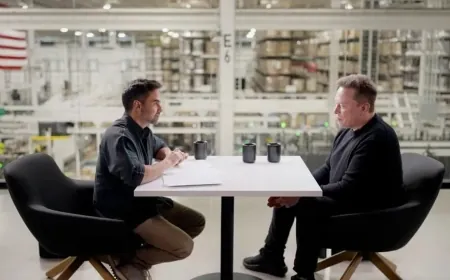The First AI Election in US: Threats and Opportunities for Democracy?
How Artificial Intelligence Could Influence the 2024 Presidential Election

The 2024 US presidential election is expected to be the first AI election cycle in the US. The use of AI-generated content in political campaigns is growing, raising concerns about its potential impact on voter decision-making and national security. The lack of regulations around AI's use in political advertising has sparked worries about the spread of disinformation and the risk of deepfakes. On the other hand, some experts see AI as a tool that could increase voter engagement and decrease polarization. The upcoming election could set a precedent for how AI will be used in future political campaigns.
The use of AI-generated content in political campaigns is growing, with political parties and Super PACs using the technology for everything from fundraising emails to get-out-the-vote chatbots. While some see AI as a tool that could revolutionize politics and increase voter engagement, others worry about its potential for manipulation and deception.

(US Election: Joe Biden and Donald Trump, Image Credit: BBC)
AI in Political Advertising:
The use of AI in political advertising is a significant concern for many experts. Political campaigns can use AI to generate images, videos, and audio that look authentic but are entirely fake. For example, the Republican National Committee recently released an attack ad that used fake visuals of China invading Taiwan, financial markets crashing, and immigrants overrunning the border. The ad was "built entirely with AI imagery," according to the GOP.
AI and Voter Manipulation:
The potential for AI to manipulate and deceive voters is another significant concern. AI-generated deepfakes, videos, images, and audio that have been digitally created or altered with AI or machine learning can make it appear as if people have said or done things they have not. This can distort voter decision-making and pose a risk to national security.
Regulations and Disclosure:
The lack of regulations around AI's use in political advertising has sparked worries about the spread of disinformation. Rep. Yvette D. Clarke (D-N.Y.) recently introduced a bill that would require political ads to disclose the use of AI-generated imagery. However, with the election cycle fast approaching, it remains to be seen whether any new regulations will be put in place in time.
Threats to Democracy:
The potential misuse of AI in political campaigns poses a significant threat to democracy. The risk of disinformation campaigns and deepfakes could have a devastating impact on national security and election security. The use of AI for dirty tricks could manipulate voter decision-making and distort the election outcome.
AI's Potential for Positive Impact:
On the other hand, some experts see AI as a tool that could increase voter engagement and decrease polarization. AI could enable instant responses and more precise voter targeting, which could help campaigns reach a broader audience. The use of chatbots, for example, could provide voters with more information and increase their engagement with the political process.
Conclusion:
The 2024 presidential election could set a precedent for how AI will be used in future political campaigns. While the technology has the potential to revolutionize politics, it also poses significant risks to democracy. With the election cycle fast approaching, there is a pressing need for regulations and disclosures to ensure that AI is used responsibly and ethically in political advertising.
Read Also: The AI Revolution in Finance: Streamlining Banking, Investing, and Fraud Detection
Read Also: Understanding Mega Millions: Tips to Increase Your Chances of Winning































































